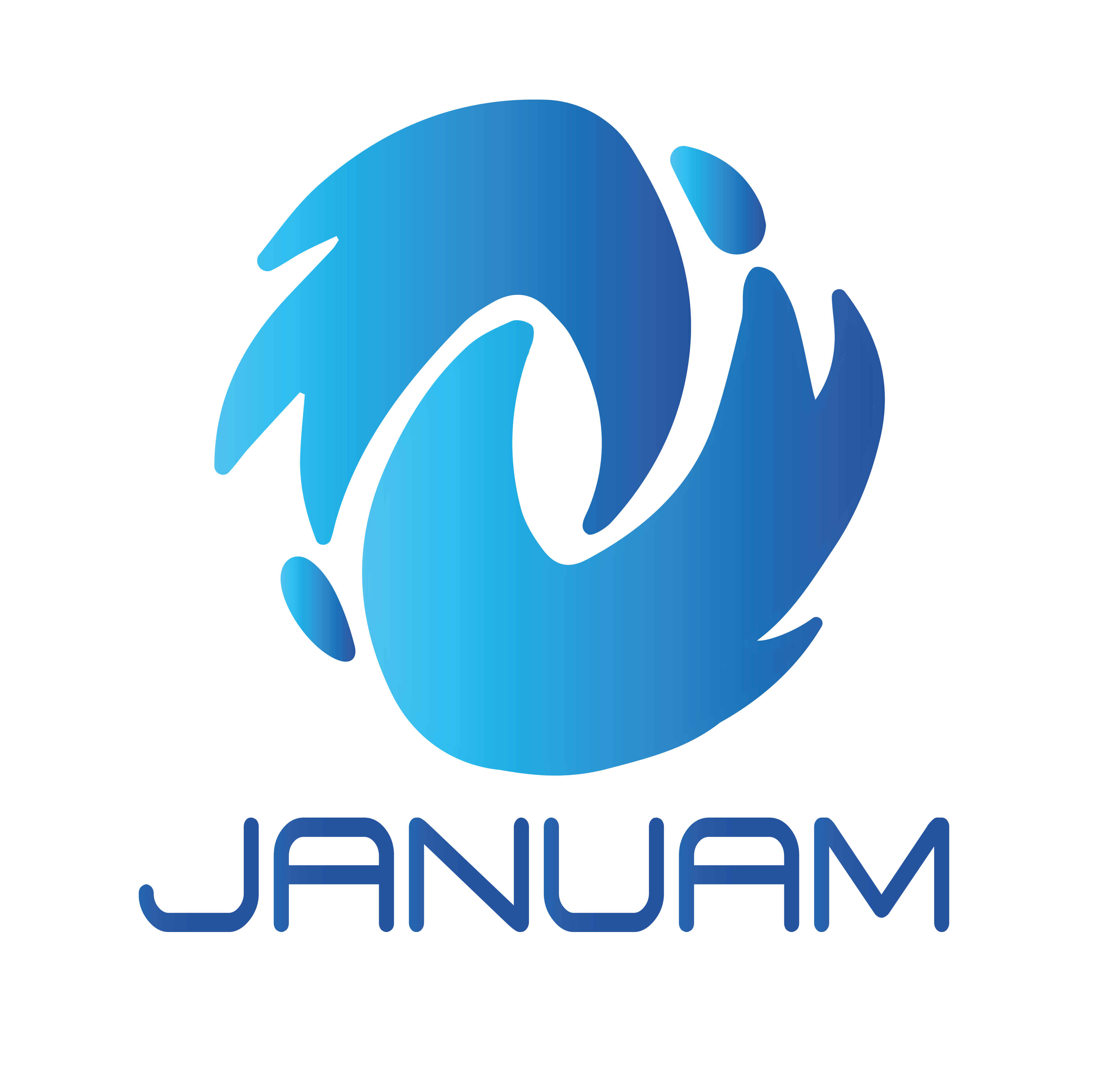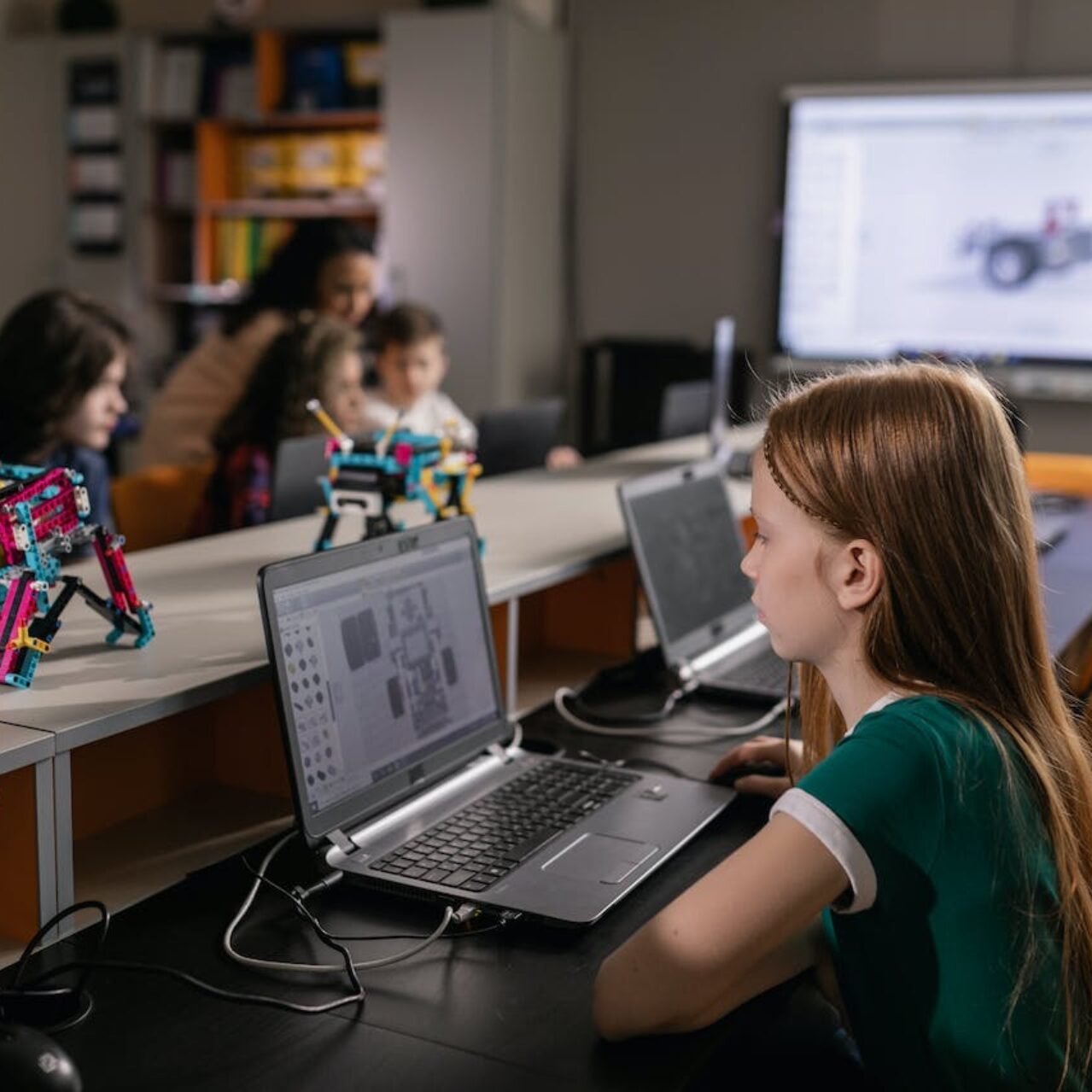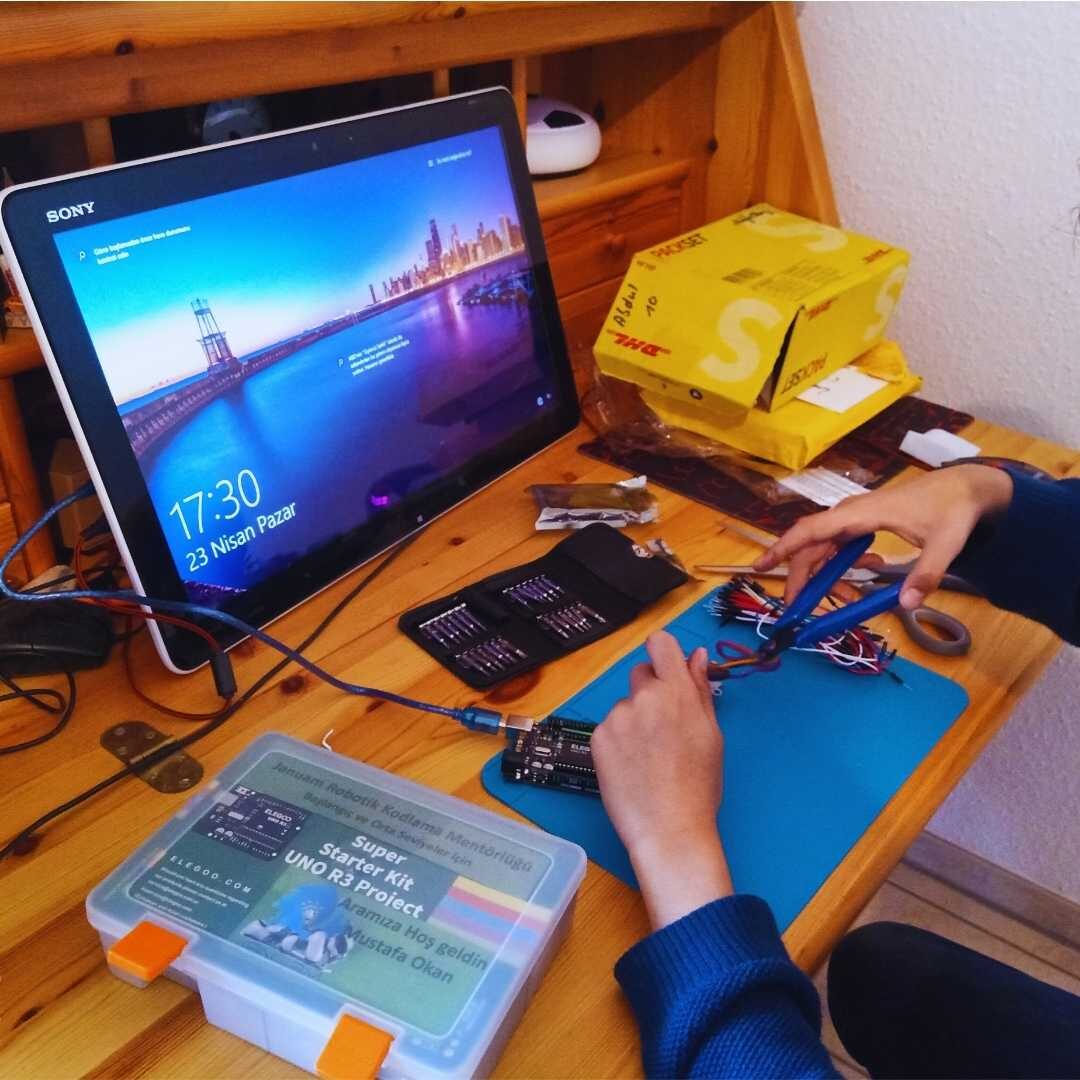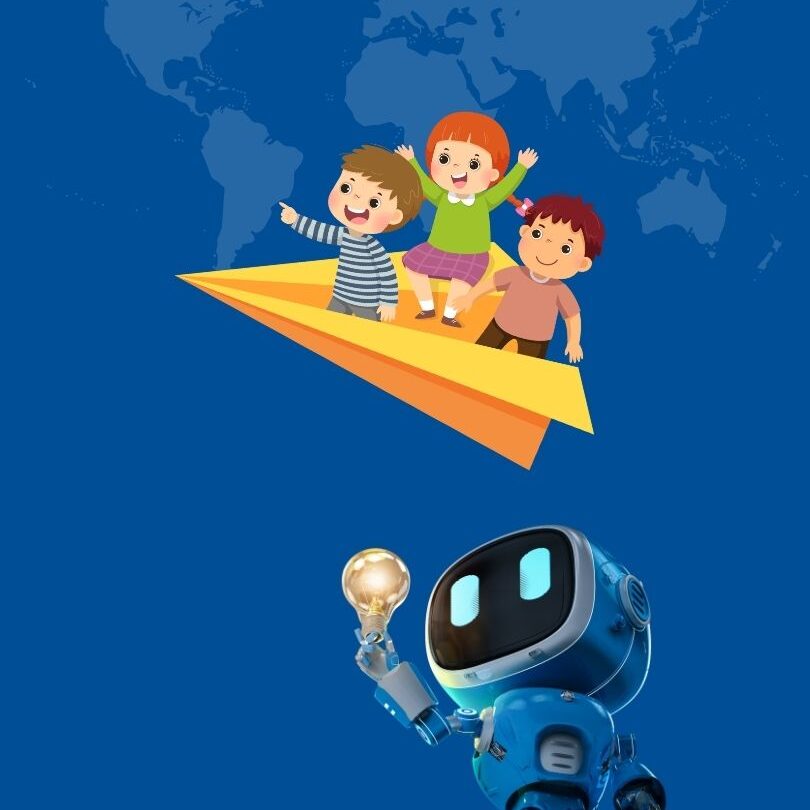Computer Literacy: The Foundation of the Digital World
Computer literacy is the ability to use computers and understand their basic functioning. This includes not only recognizing the physical parts of the computer and its software, but also the ability to use this technology effectively.
Computer literacy is not concerned with how the computer works (digital circuits), but implies knowledge of how the computer does its work (computing, comparing and copying). It requires a conceptual understanding of systems analysis and design, application programming, systems programming and data center operations. It also implies the ability to operate the operating system (Windows, Mac, Linux) and common applications such as spreadsheets, word processors, database programs, personal information managers (PIMs), email programs and web browsers.[1]
Computer literacy has become essential in almost every field. These skills include the ability to write and edit text, troubleshoot minor computer problems, and organize and analyze information on a computer. However, it is important to know the difference between computer literacy and digital literacy. Computer literacy is the ability to use computers and understand how they work, while digital literacy involves the ability to communicate effectively and find information on digital platforms.
Users who want to increase their computer literacy need to learn to be more purposeful and accurate when using computers and systems. Learning more about computer literacy offers users the opportunity to discover more computer functions and use them efficiently.
Computer literacy is not only a technical skill, but also the key to existing effectively and efficiently in the digital world. Developing these skills provides significant advantages in both personal and professional life.
The digitalization of states and societies starts with the digitalization of individuals. Individuals develop their digital literacy by accessing and effectively using digital technologies. This process increases the use of digital tools in personal and professional life and increases the productivity of individuals. Digitized individuals support the overall digital transformation of society by contributing to the digital economy, using digital services and developing digital citizenship awareness. Digitalization of individuals is a fundamental step that strengthens the digital infrastructures and policies of governments and accelerates societal development.
8.5 million people in Germany are still offline. These are mostly people over 70 and less educated. Their chances of participating in digital progress are slim. Disinformation and fake news pose a higher risk.Here you need to educate people and counter disinformation at an early stage – for example by supporting fact-checking organizations and more regulation. We need to look not only at the big platforms, but also at the “dark social” space: communication is increasingly shifting to encrypted messaging services. This is creating a completely new dynamic. [2]
Basic Computer Skills Everyone Should Know
In today’s rapidly evolving digital world, computer skills have become a must-have for almost every career. With the emergence of new technologies and increased use of digital platforms, employers are looking for candidates with strong computer skills. Whether you are a software developer, graphic designer, clerical worker or healthcare provider, having strong computer skills can help you increase your productivity, streamline your work processes and raise your career prospects.
At Januam, our overall goal is to contribute to the development of individuals and societies by making the possibilities offered by technology accessible to everyone. To this end, we advocate that everyone should learn basic computer skills. Access to technology makes it possible to access information, facilitate communication and make daily life more efficient. These skills are critical for individuals to develop themselves, seize career opportunities and take a more active role in the digital world. Acting with this awareness, Januam aims to reach all segments of society through training programs and awareness campaigns.
In 2020, world averages in computer literacy set by the World Economic Forum revealed that OECD countries were not as computer literate as expected. About a quarter of individuals did not know how to use a computer. At least 45% were rated as poor and only 30% were rated as having moderate to strong computer literacy. [3]
To use a computer or computing device correctly, it is necessary to have a basic understanding of what a computer is and how it works. All computers have two things in common: hardware and software. [4]
Why Basic Computer Knowledge is Essential for Everyone?


Learning to use a computer provides individuals in modern society with various advantages in both their personal and professional lives. At Januam, we advocate the necessity of having basic computer knowledge, which makes life easier and better for individuals in many ways.
In today’s digital age, computer skills have become essential for success in many areas of life, including education, business and personal pursuits. Computers and digital devices have revolutionized the way we live and work, making it easier to access information, communicate with others and complete tasks.
- Ease of Access to Information and Learning
Today, access to information is largely realized through digital platforms. Thanks to the Internet, educational materials, online courses and research resources can be accessed quickly and easily. Basic computer knowledge is essential to be able to use these resources effectively. Especially for students and individuals seeking continuous learning, computer skills are an important tool for academic success and personal development. - Communication and Social Connections
Computers provide access to communication tools such as email, social media and instant messaging applications. This strengthens both personal and professional relationships. Staying connected with family and friends, communicating effectively with colleagues and clients is possible thanks to computer skills. Moreover, remote working and educational opportunities are becoming increasingly important in the modern business world and educational system. - Professional Development and Career Opportunities
Many job positions require basic computer skills. Being able to use office software such as Microsoft Office, Google Suite, being able to analyze data and even having programming knowledge provides a competitive advantage in the job market. Computer skills automate business processes, increase efficiency and reduce the margin for error. This leads to being more effective and efficient at work. - Convenience in Daily Life
Online shopping, banking and access to various services are much easier for those who know how to use a computer. In addition, recreational and hobby activities are also diversified with the use of a computer. Listening to music, watching movies, playing games and working on creative projects all require computer skills. - Problem Solving and Critical Thinking
Basic programming knowledge and data management skills develop problem-solving and analytical thinking abilities. These skills are a great advantage not only in the field of technology, but also in dealing with problems encountered in daily life. Knowing how to use a computer improves the ability to collect, store and analyze data, making it easier to make informed decisions.
Having basic computer knowledge is the key to success and improving the quality of life in the modern world. At Januam, we believe that this skill should be acquired by everyone and we continue to work towards this goal. Education systems and societal programs should take steps towards the dissemination of computer skills. This will enable individuals to be better equipped and more successful in both their personal and professional lives.
Types of Computer Skills
Computer skills can be broadly divided into basic and advanced.
Advanced Computer Skills
Advanced computer skills are specialized skills required for specific careers or tasks. These skills often include knowledge of advanced software programs, programming languages and complex computer systems. Here are some examples of advanced computer skills:
- Programming: Programming includes being able to write code in Python, Java and C. Advanced programming skills include developing complex algorithms, building machine learning systems, writing custom applications and creating software for specific industries such as healthcare, finance, commerce, etc.
- Web Development: Web development involves designing, building and maintaining websites. Advanced web development skills include creating dynamic web applications, integrating databases and APIs, and using advanced systems such as HTML, React, PHP or Javascript.
- Data Analysis: Data analysis involves the collection and interpretation of large amounts of data using tools such as Excel, SQL, MySQL or R. Advanced data analysis skills may include creating data visualizations, building predictive models and analyzing data.
- Graphic Design: Graphic design involves creating visual content for websites, marketing materials and other digital media. Advanced graphic design skills may include using advanced software such as Adobe Cloud, Canva or Figma, creating animations and interactive media, and designing for specific audiences or industries.
- Network Administration and Cybersecurity: Network administration involves managing computer networks, ensuring data security and troubleshooting technical problems. Advanced network administration skills may include configuring firewalls, managing virtual private networks, and implementing cloud computing solutions.
Advanced computer skills can be applied in a variety of settings in education, health, technology and finance.
Basic computer skills
- Basic computer skills are essential for anyone who wants to use a computer. These skills are required for tasks such as sending emails, using social media, browsing the internet and completing basic office tasks.
- Operating System Navigation: Understanding how to navigate an operating system such as Windows or macOS is important for opening and closing programs, saving and retrieving files, and customizing settings.
- Using Office Software: Word processing software such as Microsoft Word and LbreOffice Writer is used to create and format documents such as resumes, cover letters and reports.
- Using E-mail: Understanding how to send and receive email is essential for communication in the modern workplace. Basic skills include creating and sending emails, attaching files and organizing messages into folders. This includes the rules for sending and receiving emails
- Using Web Browsers: Web browsers such as Google Chrome or Mozilla Firefox are used to browse the internet. Basic skills include navigating websites, understanding the difference between URL IP MAC addresses, using bookmarks and filling in online forms. Learning about cookies services can also be considered in this context.
- Using Social Media: Social media platforms such as Facebook, Twitter and LinkedIn are used for networking and communication. Key skills may include creating a profile, posting, interacting with other users, knowledge and awareness of disinformation.
Today, basic computer skills play an important role in almost every aspect of our lives. Whether for personal or professional purposes, being able to use computers effectively enables us to perform many tasks more efficiently and effectively. Here are examples of the use of basic computer skills in different fields:
- Online shopping: Buying goods and services online.
- Finance management: Creating a budget and managing financial transactions.
- Staying connected with friends and family: Using social media and communication apps.
- Conducting research: Gathering information and analyzing data online.
- Writing articles and completing assignments: Writing and editing using word processing programs.
- Teachers and educators: Creating lesson plans and managing student data.
- Office work: Sending emails, creating spreadsheets and producing reports.
- Medical professionals: Manage patient records, analyze medical data and communicate with health professionals.
- Health services: Providing access to online health information and resources.
- Non-profit organizations: Managing donor databases, communicating with volunteers and promoting their causes online, managing social media accounts and creating online fundraising campaigns.
What are the five Computer literacy skills?
Here are five essential computer skills that are fundamental to various aspects of modern life and work:
- Basic Proficiency in Operating Systems: This skill involves understanding how to navigate and use different operating systems such as Windows, macOS or Linux. It includes tasks such as managing files and folders, customizing settings, installing software and troubleshooting basic problems.
- Proficiency in Office Packages: Office suites such as Microsoft Office (Word, Excel, PowerPoint) or Google Workspace (Docs, Sheets, Slides) are essential for creating documents, spreadsheets, presentations and managing data. Skills include formatting text, creating formulas in spreadsheets and designing effective presentations.
- Internet and Email Skills: Knowing how to use the internet effectively for research, communication and online transactions is essential. This includes using search engines to find information, evaluating sources for credibility, understanding online security and privacy, and using email for professional and personal communication.
- Basic Troubleshooting and Technical Support: It is important to be able to troubleshoot common computer problems such as connectivity issues, software bugs, and hardware failures. This skill includes understanding basic computer hardware components, installing software, updates and performing routine maintenance tasks.
- Cyber Security Awareness: In today’s digital age, it is critical to understand the basics of cybersecurity. This includes knowledge of how to create strong passwords, how to recognize phishing attempts, how to protect personal information online, and how to follow best practices for safe internet use.

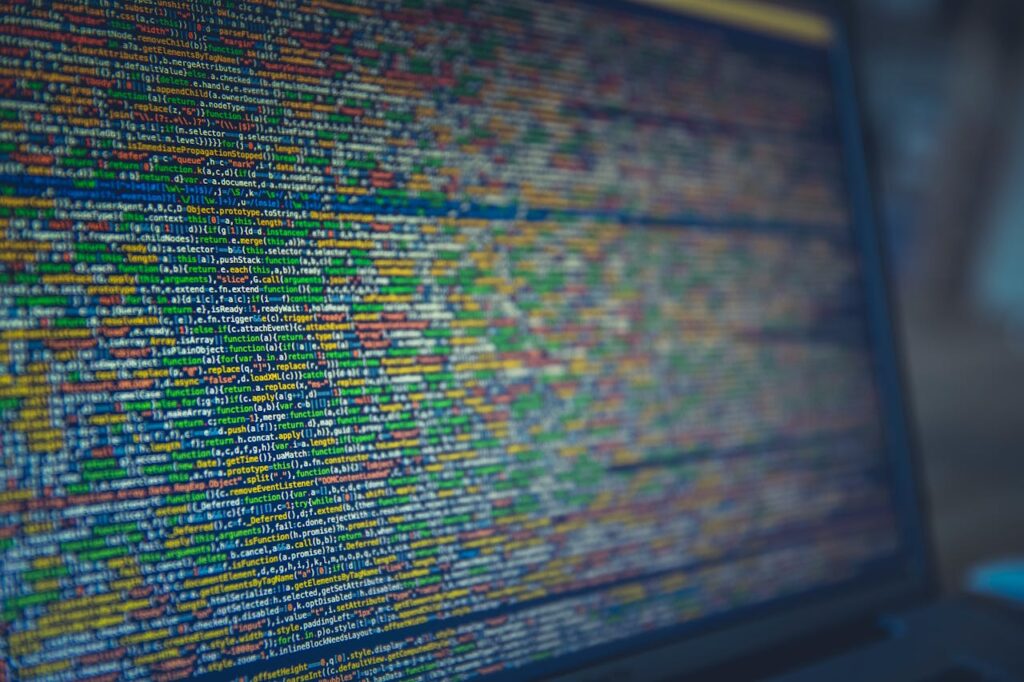
Stepping into the Digital World A Story of Preparing for the Future
In recent years, the necessity of becoming proficient in the computer world has become even more evident. Since we now conduct even our daily business through the digital world, it has become imperative for everyone to learn at least basic computer skills. Whether you are starting your child’s online school lessons, taking your own language courses or attending business meetings, the whole world is at your fingertips!
In the past, using a computer was thought to be important only for certain professions. But now, using a laptop, desktop computer or even a mobile device to manage tasks, access information and communicate has become an integral part of our lives. Therefore, acquiring computer knowledge is no longer just an option, but a necessity.
Video chatting with your family, shopping online, checking emails from your workplace or helping your children with their schoolwork… All these activities require being computer-friendly. Moreover, keeping ourselves updated with the latest technological tools and software is one of the keys to success.
New technologies, smartphones, mobile internet and artificial intelligence are rapidly digitizing the future and we need to keep up. Learning to make friends with computers now is one of the most important steps to succeed in today’s and tomorrow’s world. Embracing technology will not only make you more productive, it will also make your life easier. So step into the world of computers and open the doors to the future!
In today’s digital age, basic computer skills are essential for employability and productivity. Many job positions require basic computer skills such as email, Microsoft Office and web browsing. Having these skills can improve job prospects and opportunities. In addition, basic computer skills enable individuals to complete tasks more efficiently, saving time and increasing productivity.
At Januam, we aim to build individuals’ confidence in technology by increasing digital literacy. Learning to use a computer provides great advantages not only professionally but also in daily life. From online banking to shopping, from social media use to education, computer skills improve the quality of life.
As Januam, we organize various training and support programs to ensure that people of all ages have basic computer knowledge. In this way, we promote equal opportunity in access to technology and aim to increase the overall well-being of society. With digital skills becoming increasingly important in all aspects of life, from work and learning to social inclusion, there is no excuse to leave anyone behind.
Preferences
- https://www.pcmag.com/encyclopedia/term/computer-literacy “Definition of computer literacy”. PCMAG. Retrieved 19Juli 2024.
- https://www.deutschland.de/en/topic/business/digitization-in-germany-new-d21-digital-index “Reduce the digital divide“.. Retrieved 19 Juli 2024.
- Fenton, Helen. “Machine in Control”. www.boti.co.za. Business Optimization Training Institute. Retrieved 26 May 2020.
- “An Overview of Basic Computer Literacy Skills” (PDF). Harper College.
- Anadolu University, Computer Basics , 2017
- Haigh, Roger W. (March 1985). “Planning for Computer Literacy”. The Journal of Higher Education.
- https://icdl.org/ Retrieved 15 Juli 2024.
